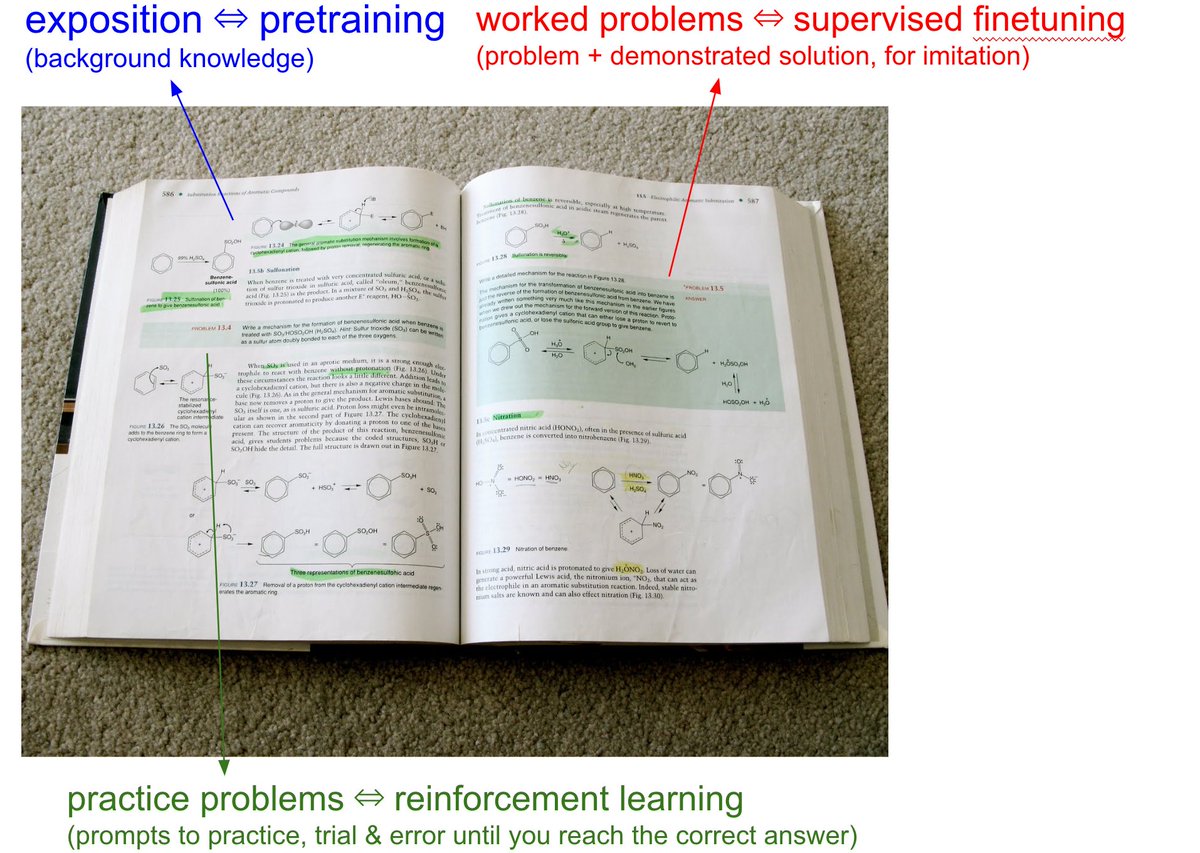
Thorben Jansen
@learnteachaied
ID: 1167056088421818369
29-08-2019 12:49:14
90 Tweet
130 Followers
833 Following



🚀Startschuss für das Projekt GENIUS am IPN, gefördert von der telekomstiftung Ziel: Mit #KI die Beurteilungs- und Feedbackprozesse in der #Schule verbessern und neue Maßstäbe setzen🌟📚🤖 Mehr Infos: leibniz-ipn.de #DigitaleBildung Copyright Foto: Timo Wilke


Neuer Blogbeitrag: Kann KI Lehrkräfte bei der Beurteilung von Schüler:leistungen unterstützen? Dr. Thorben Jansen Thorben Jansen vom IPN fasst die aktuelle Forschungslage zusammen und leitet daraus Implikationen für die Praxis ab. fiete.ai/blog/kuenstlic…








“Self-beliefs in childhood and adolescence can influence important life outcomes years later.” Building competencies, with adult support, can help children develop positive self-beliefs, say Jennifer Meyer & Thorben Jansen. Jennifer Meyer Thorben Jansen boldscience.org/how-do-childre…


we trained a new model that is good at creative writing (not sure yet how/when it will get released). this is the first time i have been really struck by something written by AI; it got the vibe of metafiction so right. PROMPT: Please write a metafictional literary short story











